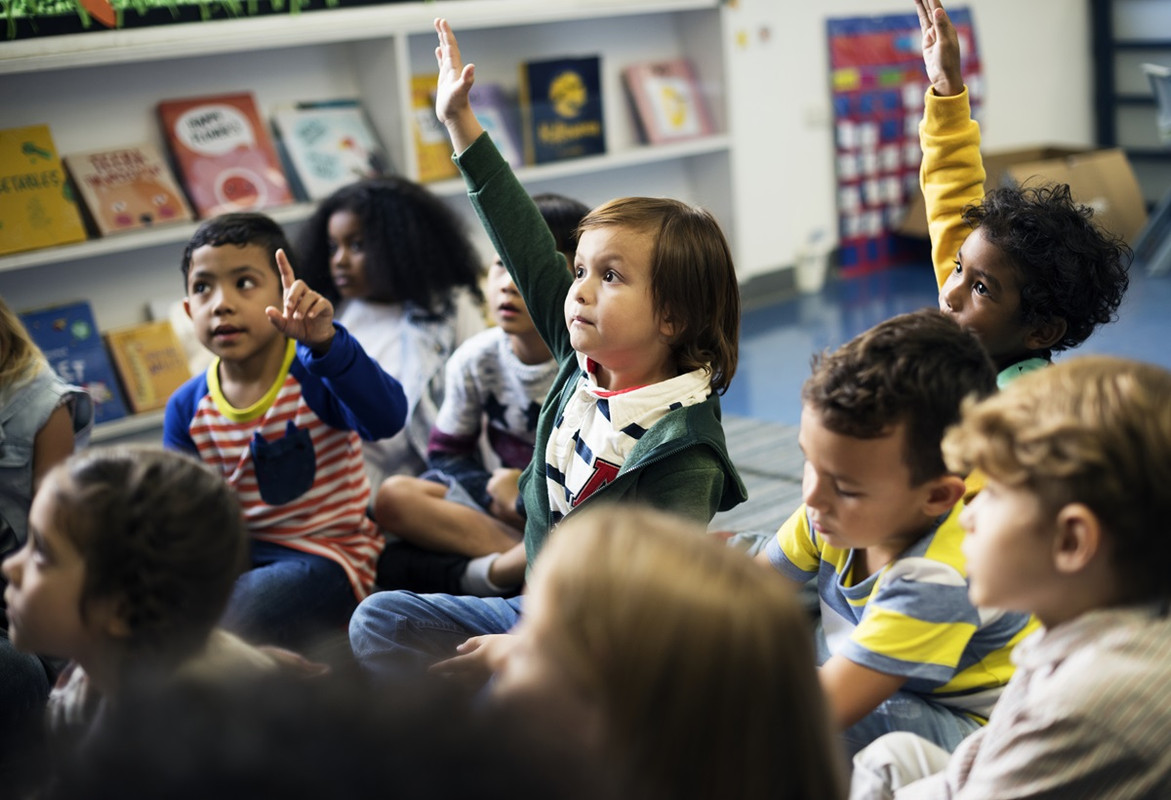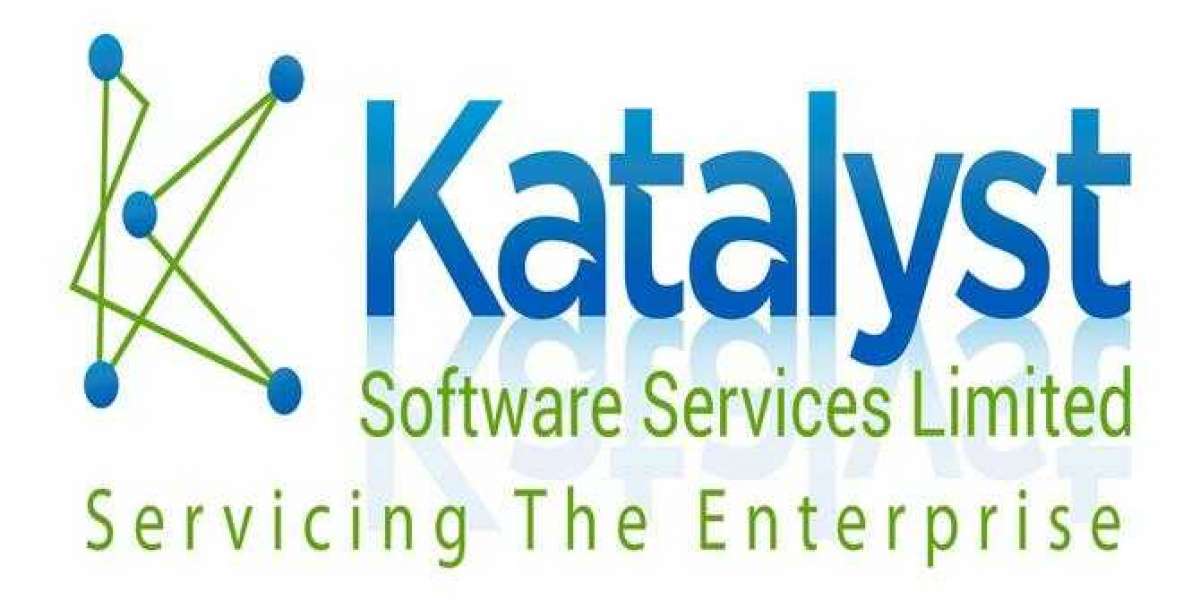
With the tactile lure of technology at our fingertips, how does traditional early learning, like kindergarten, fit into our evolving world? And more importantly, why should we care about this basic level of early education?
In this age of iPads and rapidly changing educational gadgets, bustle, and hustle, stepping back and pondering about these points often tends to take a backseat – even in intellectual discussions. This brings us to the elephant in the room - the context of this blog: the substantial role of kindergarten in shaping a child's future, and the profound, long-lasting impact this type of early education has on their development.
In this blog post, we'll be untangling the layers behind the pivotal role of kindergartens, addressing your 'why-what-when-who' queries, examining the pros and cons, and all while visually touring through some beautiful, well-equipped classrooms.
Why Kindergarten Matters
In the evolving landscape of early childhood education, kindergarten represents the linchpin that unifies innovative learning opportunities with the foundational academic knowledge. The 'why' of kindergarten lies at the heart of this equation.
Why bother with kindergarten when there are such abundant resources outside it? Where it garners strength, is in its structured, interactive learning environment. Every activity, task, or project in a kindergarten classroom is designed keeping in mind the holistic development of a child.
The other important facet of kindergarten is the significance it holds in shaping a child's social skills. It serves as the first environment outside home where young minds learn to coexist, cooperate, communicate, and empathize with others. And these are skills that shine as they grow into adulthood.
The What, When, and Who of Kindergarten
But then, what exactly constitutes a kindergarten program? When should children ideally step into this educational journey? And who plays a decisive role in ensuring its effectiveness?
Kindergarten includes an array of sensory-based activities designed to engage children on multiple levels. The right time to embark on a kindergarten journey, however, varies depending on specific development stages. As for the 'who', the successful orchestration of a kindergarten program depends heavily upon the passionate involvement of both teachers and parents.
Pros and Cons of Kindergarten - A Closer Look
Like any other aspect of life, kindergarten too comes with its own share of pros and cons. The potential benefits strongly tilt scale though. The structured setting, the social interaction, the introduction to the basic academic concepts - all aid in the total development of a child.
The cons, though minor in comparison, deserve a mention. Over regimentation and lack of individual attention in some institutions are some of the negatives. However, the choice of the right kindergarten can help mitigate these drawbacks.
Structured Learning - A Walkthrough
An integral aspect of kindergarten revolves around engaging kids in structured learning. The balance of rigorous activities is deftly maintained – not too lackadaisical to miss out on educational objectives and yet not too stringent to rob the children of their fun.
Kindergarten - Beyond Academics
Kindergarten extends beyond the borders of academics, vital as they are. The way the classrooms are designed – bright visuals, open spaces, encouraging personal exploration – all play a role in enhancing the overall experience of kindergarten learning.
Conclusion
The relevance and importance of kindergarten education are undeniable. It serves as a foundation stone, nurturing the roots that eventually grow into a strong, sprawling tree of knowledge. With the right balance of structure and creativity, of discipline and freedom, the kindergarten stage can truly unlock a world of learning benefits for children, shaping them into balanced, well-rounded individuals.














